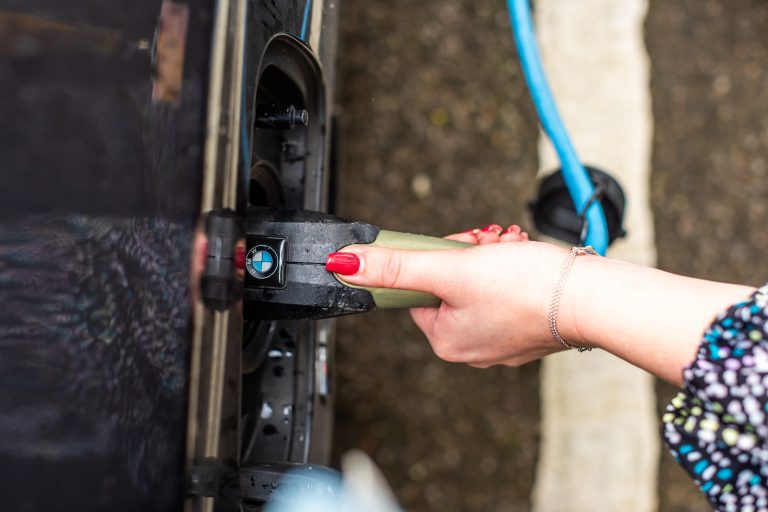A new programme has been launched to accelerate the next wave of low carbon transport in the South and East of England. UK Power Networks is approaching the owners and managers of destination venues, property landlords and business workplaces who have long-term plans to install low carbon technology such as solar energy generation or electric vehicle charging hubs. The electricity distribution network operator for London, the South and East of England wants to help identify common challenges across groups and sectors, that until now have not needed to work with their local energy distributor, then identify common challenges and design practical solutions to help. The new Low Carbon Technology Customer Group will initially work with a broad range of trade bodies and individuals, representing sectors ranging from social housing landlords to emergency services, leisure and retail development owners, farmers and even caravan and camping destinations. The group will collaborate with UK Power Networks to identify common challenges they face in reducing their carbon footprint. Solutions could range from sector-specific toolkits to targeted, co-ordinated network investment programmes. Adam Lakey, stakeholder engagement manager at UK Power Networks, said: “We want to help anyone who might be thinking about decarbonising their existing property asset but doesn’t know who to speak to. We’re looking for input from organisations like ambulance trusts or fire brigades to campsites or shopping destinations; anyone who knows that at some point over the next five-10 years they want to install low carbon technology like EV chargers or solar panels but doesn’t yet know how to go about it. “We can offer advice and expertise about how to go about it in the most cost-effective way. For example, if you install solar panels and then add electric vehicle charge points it may work out cheaper than upgrading your electricity supply for the charge points then adding solar power later. “We know there’s a vast range of existing buildings, developments and organisations that want to decarbonise. By starting a conversation with us through this new group we can help people do it more easily, quickly and cost-efficiently.” UK Power Networks is forecasting the number of electric vehicles connected to its networks will increase almost tenfold in the next five years, from 310,000 now to 2.6m in 2028. Last year, UK Power Networks launched its Green Recovery programme, an unprecedented opportunity to address climate change by kick-starting 86 shovel-ready green energy infrastructure projects. In total, £66m is being invested, including enabling 11 motorway service areas to install more than 600 ultra-fast 150kW chargers. This investment, combined with collaborative work across the sector, aims to develop the energy infrastructure that inspires customers with the confidence to switch to an EV. To find out more about participating in the LCT Customer Group, please email LCT@ukpowernetworks.co.uk





